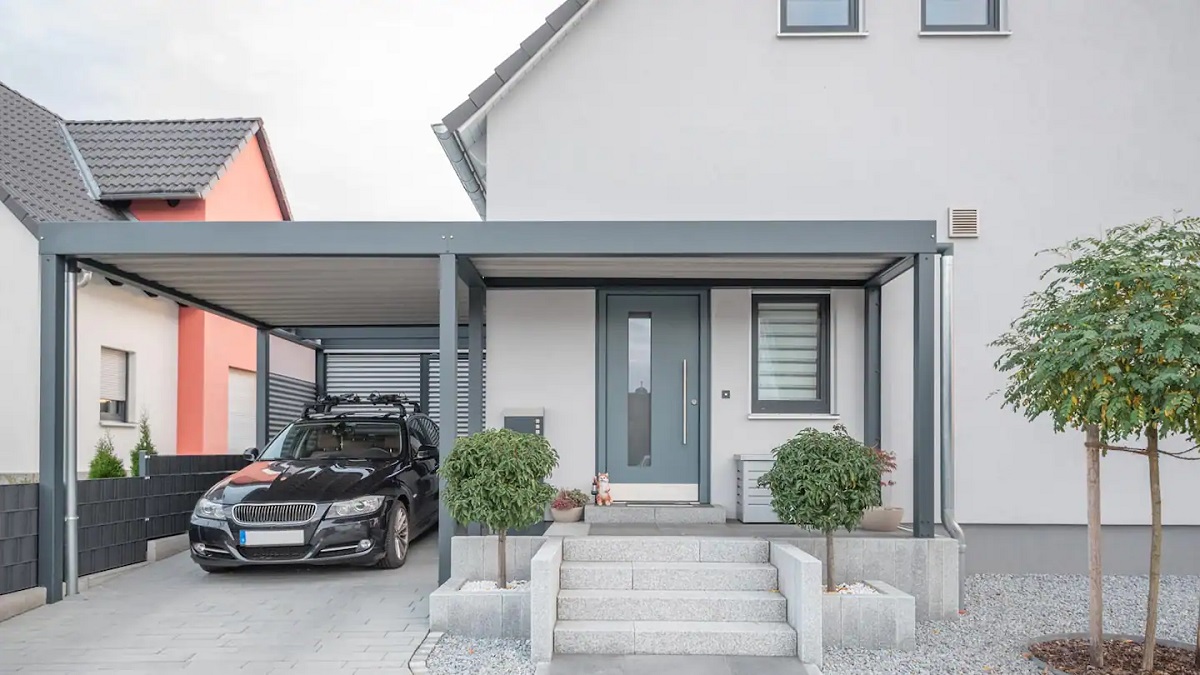

Articles
How Much Is A Metal Carport
Modified: January 19, 2024
Discover articles about the cost of metal carports and find out how much you should budget for this practical and durable structure.
(Many of the links in this article redirect to a specific reviewed product. Your purchase of these products through affiliate links helps to generate commission for Storables.com, at no extra cost. Learn more)
Introduction
Welcome to our comprehensive guide on metal carports! If you’re in the market for a carport to protect your vehicles or provide additional outdoor storage space, you’ve come to the right place. Metal carports are a popular choice due to their durability, versatility, and cost-effectiveness.
In this article, we will delve into the various factors that influence the cost of metal carports, explore different types and sizes available, and discuss customization options. We will also cover installation and permit costs, maintenance requirements, and compare metal carports to other types of carports. By the end of this article, you will have a clear understanding of the benefits of investing in a metal carport and whether it’s the right choice for you.
So, let’s dive in and explore everything you need to know about metal carports!
Key Takeaways:
- Metal carports offer durability, low maintenance, and customization options, making them a cost-effective and versatile choice for protecting vehicles and providing additional storage space.
- Investing in a metal carport provides protection from the elements, enhances property value, and offers a quick and easy installation process, making it a practical and valuable long-term investment.
Read more: How To Build A Metal Carport
Factors Affecting the Cost of Metal Carports
When it comes to purchasing a metal carport, several factors come into play that can influence the overall cost. By understanding these factors, you can make an informed decision and ensure that you are getting the best value for your money. Let’s take a closer look at some of the key factors affecting the cost of metal carports:
Size and Dimensions: The size of the carport is one of the primary factors that determine the cost. Larger carports require more materials and labor, resulting in higher prices. Similarly, the height and width of the carport will also impact the cost.
Metal Type and Gauge: The type of metal used in the construction of the carport and its gauge will affect the cost. Common materials include steel and aluminum, with steel being more expensive due to its durability and strength. The gauge refers to the thickness of the metal, with lower gauge metals being thicker and pricier.
Roof Style: Carports come in various roof styles, such as regular, boxed eave, and vertical. The roof style not only affects the aesthetics but also the price. Vertical roofs, with their unique design and superior water runoff, tend to be more expensive compared to regular or boxed eave roofs.
Additional Features and Customization: Depending on your preferences and requirements, you may opt for additional features like enclosed sides, gable ends, or windows. These customizations can add to the overall cost of the carport.
Location and Delivery: The location of your property and the distance from the manufacturer or supplier can impact the cost of delivery. If your site is located in a remote or hard-to-access area, additional charges may apply.
Permitting and Installation: Before installing a metal carport, you may need to obtain permits from your local building authority. The cost of permits can vary depending on your location. Additionally, the cost of installation, whether hiring professionals or doing it yourself, should be factored into the overall cost.
Market Demand and Availability: Lastly, supply and demand fluctuations in the market can also influence the cost of metal carports. Factors like seasonal demand, material availability, and industry competition can impact pricing.
Keep these factors in mind when considering the cost of a metal carport. It’s essential to strike a balance between your budget, desired features, and quality to make an informed decision.
Types of Metal Carports
Metal carports come in various types, each offering unique features and benefits. Understanding the different types available can help you choose the one that best suits your needs. Let’s explore the most common types of metal carports:
- Regular Roof Carports: Regular roof carports are the most basic and affordable option. They feature a standard roof design with horizontally oriented metal panels. While they provide protection from the elements, they are not as durable or weather-resistant as other types.
- Boxed Eave Roof Carports: Boxed eave roof carports have a more stylish and streamlined appearance. They feature an A-frame roof design with horizontal metal panels. This type of carport offers better protection against the elements while maintaining an affordable price point.
- Vertical Roof Carports: Vertical roof carports are the pinnacle of durability and functionality. They feature an A-frame roof design with vertically oriented metal panels. This design allows for excellent water runoff, making them highly resistant to water pooling and leaks. Vertical roof carports are recommended for areas with heavy rain or snowfall.
- Utility Carports: Utility carports combine the benefits of a traditional carport with additional storage space. These carports typically feature enclosed sides, providing secure storage for tools, equipment, and other items. Utility carports are versatile and can be customized to suit your specific storage needs.
- RV Carports: RV carports are specifically designed to accommodate recreational vehicles. They feature generous dimensions and extra height clearance to accommodate large vehicles like RVs, motorhomes, or travel trailers. RV carports can also be customized with additional features like electrical outlets or roof extensions.
Each type of metal carport has its own advantages and considerations. Consider factors such as your budget, desired functionality, and climate when choosing the right type for your needs. Additionally, keep in mind any local building codes or regulations that may dictate the type of carport you can install.
Standard Sizes and Prices
Metal carports are available in a range of standard sizes to accommodate various vehicles and storage needs. The size of the carport will affect the price, with larger carports generally costing more. Here are some common standard sizes and their corresponding price ranges:
- Single Carport: A single carport typically measures around 12 feet wide by 20 feet long. These carports are designed to accommodate one vehicle and provide basic protection. Prices for single carports can range from $800 to $2,500, depending on the metal type, gauge, and additional features.
- Double Carport: Double carports are designed to comfortably fit two vehicles side by side. They typically measure around 18 feet wide by 20 feet long. Prices for double carports can range from $1,500 to $4,000, depending on the metal type, gauge, roof style, and customization options.
- Triple Carport: As the name suggests, triple carports are intended for three vehicles. They are usually around 26 feet wide by 20 feet long. Prices for triple carports can range from $3,000 to $7,000, depending on factors such as metal type, gauge, roof style, and customization.
- RV Carport: RV carports are designed to accommodate large vehicles like RVs, motorhomes, or travel trailers. They come in various sizes, typically ranging from 12 feet wide by 36 feet long up to 18 feet wide by 51 feet long. Prices for RV carports can vary widely depending on the size, customization, and additional features, ranging from $2,000 to $10,000 or more.
It’s important to note that these price ranges are approximate and can vary based on location, manufacturer, and other factors. Additionally, customization options and additional features, such as gable ends, enclosed sides, or windows, will add to the overall cost.
When considering the size and price of a metal carport, take into account not just your current vehicle or storage needs but also any future requirements. It’s also worth noting that some suppliers offer financing options to help make the purchase more affordable for you.
Customization Options and Additional Costs
One of the great benefits of metal carports is their ability to be customized to suit your specific needs and preferences. Whether you want to enhance the functionality, improve the aesthetics, or add extra features, there are several customization options available. However, it’s essential to consider that customization may lead to additional costs. Let’s explore some common customization options and the associated expenses:
- Enclosed Sides: If you require additional security and protection from the elements, you can opt for enclosed sides. Enclosing the sides of your carport typically involves adding metal panels or walls. The cost of enclosing the sides will depend on the size of the carport and the number of sides to be enclosed.
- Gable Ends: Gable ends add a finishing touch to your carport while enhancing its visual appeal. They are triangular additions placed on the ends of the carport roof. The cost of gable ends will vary depending on the size of the carport and the complexity of the design.
- Windows and Doors: Adding windows and doors can transform your carport into a functional space. Whether you plan to use it as a workshop or storage area, windows and doors provide natural light and easy access. The cost of windows and doors will depend on their size, material, and number.
- Insulation: Insulating your metal carport can help regulate temperature and protect against condensation. This is especially useful if you plan to use the carport for extended periods or for specific purposes like a workshop or storage space. The cost of insulation will depend on the size of the carport and the type of insulation material used.
- Electrical Outlets and Lighting: If you intend to use your carport as a workshop or outdoor living area, installing electrical outlets and lighting fixtures may be necessary. The cost of electrical installations will vary depending on the number of outlets, lighting fixtures, and the complexity of the wiring.
It’s important to discuss your customization options with the manufacturer or supplier to get an accurate estimate of the additional costs involved. They can provide insight into what is feasible and offer suggestions based on their expertise.
Remember that customization can significantly enhance the functionality and aesthetics of your carport, but it’s essential to balance your desired features with your budget. Prioritize the customizations that align with your specific needs and fit within your financial scope.
When determining the cost of a metal carport, consider factors such as size, customization, additional features, and installation. Get quotes from multiple suppliers to compare prices and find the best deal.
Read more: How Much Is A Carport
Installation and Permit Costs
When considering the cost of a metal carport, it is crucial to factor in the expenses associated with installation and permits. Proper installation and obtaining the necessary permits are essential to ensure a safe and compliant structure. Here’s what you need to know about installation and permit costs:
Installation: Installing a metal carport can be done in two ways: self-installation or professional installation. Self-installation can help save money, but it requires a certain level of DIY skills and expertise. If you decide to hire a professional for installation, the cost will vary depending on the size and complexity of the carport, as well as the labor rates in your area. Professional installation costs typically range from $300 to $1,000 or more, depending on the project’s scope and location.
Permits: In many areas, obtaining permits for carport installation is necessary to comply with local building codes and regulations. Permit costs can vary significantly depending on your location, as each jurisdiction sets its own fees. These costs typically range from $50 to $300 or more, depending on factors such as the size and type of carport, the complexity of the project, and any additional inspections required. It’s important to check with your local building authority to determine the specific permit requirements and associated fees.
Remember that the cost of installation and permits are essential parts of the overall project. While it may be tempting to cut corners and avoid these expenses, doing so can result in unsafe structures and potential legal repercussions. It’s always best to consult with professionals and adhere to local building regulations to ensure a safe and approved installation.
Additionally, it’s worth noting that some metal carport suppliers may offer installation services as part of a package deal. These packages typically include the cost of materials, delivery, and installation, providing a convenient and hassle-free solution for customers.
Maintenance and Longevity
One of the key advantages of metal carports is their low maintenance requirements and exceptional longevity. Proper care and maintenance can further enhance their durability and ensure a long lifespan. Here’s what you need to know about maintaining your metal carport:
Cleaning: Regularly cleaning your metal carport is essential to prevent the accumulation of dirt, debris, and corrosive substances. Use mild soap, water, and a soft brush or cloth to gently clean the surface. Avoid using abrasive cleaners or tools that could potentially damage the metal or its protective coating. Regular cleaning not only improves the carport’s appearance but helps prevent corrosion and prolongs its lifespan.
Inspections: Periodic inspections of your metal carport are crucial to identify any signs of damage or wear. Check for loose or damaged components, such as fasteners, connectors, or roofing panels. Address any issues promptly to prevent further damage and ensure the structural integrity of the carport. It’s also a good idea to inspect the carport after severe weather events to assess any potential damage caused by wind, hail, or heavy snowfall.
Repairs: If you notice any damage during inspections, it’s important to address it promptly. Repair or replace any damaged or missing components to maintain the structural integrity of the carport. Depending on the extent of the damage, you may be able to handle minor repairs yourself or seek professional assistance for more significant issues.
Rust Prevention: Rust can be a potential issue for metal carports, particularly in areas with high humidity or exposure to saltwater. Applying a protective coating or paint specifically formulated to prevent rust can help extend the carport’s lifespan and maintain its appearance. Regularly inspect the carport for any signs of rust and address it immediately by sanding, priming, and applying an appropriate rust-resistant paint.
Longevity: A well-maintained metal carport can last for decades, providing reliable protection for your vehicles and belongings. The longevity of a metal carport largely depends on factors such as the quality of materials used, the metal type and gauge, and the climate in your area. Proper maintenance and occasional repairs ensure that your carport remains in good condition and continues to serve its purpose for many years.
Overall, metal carports are known for their durability and long lifespan. By implementing a regular maintenance routine and addressing any issues promptly, you can maximize the longevity of your carport and enjoy its benefits for years to come.
Comparison with Other Types of Carports
When choosing a carport, it’s important to consider the different options available and compare them to determine the best fit for your needs. Let’s compare metal carports with other commonly used types:
Wooden Carports: Wooden carports offer a traditional and aesthetically pleasing option. They can be customized to match the style of your home and are relatively easy to construct. However, wooden carports require more maintenance, such as staining or painting, to protect against rot, pests, and weather damage. They may also be more prone to deterioration over time compared to metal carports.
Aluminum Carports: Aluminum carports are lightweight and easy to install. They are resistant to rust and offer excellent durability. However, aluminum carports may not be as strong and sturdy as their steel counterparts. They may also have limited customization options compared to metal carports.
Canvas or Fabric Carports: Canvas or fabric carports provide a cost-effective and temporary solution. They are portable, easy to assemble, and offer some protection from the elements. However, they are not as durable or long-lasting as metal carports. Canvas carports may be susceptible to tearing, fading, and damage caused by strong winds or heavy snow.
Brick or Concrete Carports: Brick or concrete carports offer excellent durability and a permanent structure. They can be seamlessly integrated into the design of your home. However, building brick or concrete carports can be time-consuming and expensive. They require professional construction, permits, and often involve significant site preparation.
When comparing metal carports to other types, metal carports stand out as a popular and practical choice for many reasons:
- Durability: Metal carports are known for their durability and resilience. They can withstand harsh weather conditions, including wind, rain, snow, and sunlight, without deteriorating.
- Low Maintenance: Metal carports require minimal maintenance compared to other options. They do not require painting, staining, or regular treatments to protect against rot, pests, or weather damage.
- Cost-Effective: Metal carports are generally more cost-effective compared to brick or concrete carports. They offer a combination of affordability, longevity, and functionality.
- Customization: Metal carports can be easily customized to suit your specific needs. You have options to add features like enclosed sides, gable ends, or windows, allowing you to create a carport that meets your requirements.
- Versatility: Metal carports are versatile and can be used not only for vehicle storage but also as workshops, outdoor entertainment spaces, or equipment storage areas.
Considering these factors, metal carports provide an excellent combination of durability, low maintenance, affordability, and customization options, making them a popular choice for homeowners.
Benefits of Investing in a Metal Carport
Investing in a metal carport offers numerous benefits that make it a worthwhile addition to your property. Whether you need to protect your vehicles from the elements or require extra storage space, here are some key advantages of having a metal carport:
- Protection from the Elements: A metal carport provides shelter from various weather conditions, including rain, snow, sunlight, and hail. It prevents damage to your vehicles by shielding them from direct exposure to the elements, which can cause fading, rusting, and deterioration.
- Durability and Longevity: Metal carports are known for their durability and long lifespan. They are designed to withstand harsh weather conditions, including high winds, heavy snowfall, and intense sunlight. Their sturdy construction ensures that they can hold up well over time with minimal maintenance.
- Cost-Effectiveness: Metal carports are a cost-effective solution compared to building a traditional garage or storage structure. They are typically more affordable in terms of material costs, installation expenses, and ongoing maintenance requirements. Plus, the versatility of metal carports allows for various customization options to suit your needs and budget.
- Quick and Easy Installation: Metal carports can be installed relatively quickly compared to other types of structures. Whether you choose professional installation or opt for a DIY approach, metal carports come with pre-fabricated components that can be easily assembled. This saves you time and minimizes disruption to your property.
- Versatility and Customization: Metal carports can be customized to fit your specific requirements. You have the option to choose the size, roof style, color, and additional features such as gable ends, enclosed sides, or windows. This versatility allows you to create a carport that meets your aesthetic preferences and functional needs.
- Flexibility and Portability: Metal carports are typically designed to be portable and can be easily moved or relocated if needed. This flexibility is especially beneficial if you plan to change the layout of your property or if you are renting and need a temporary structure that can be disassembled and moved with ease.
- Increased Property Value: Adding a metal carport to your property can enhance its value and appeal. Potential buyers appreciate the added protection and convenience of a dedicated parking and storage area. A well-maintained and aesthetically pleasing metal carport can be a selling point when it comes time to sell your property.
With their protection, durability, cost-effectiveness, and versatility, metal carports offer significant benefits for homeowners. Whether you need a sturdy shelter for your vehicles, extra storage space, or a versatile outdoor living area, investing in a metal carport is a wise choice that provides a range of advantages for years to come.
Read also: 10 Best Metal Carport for 2025
Conclusion
In conclusion, a metal carport is a practical and cost-effective solution for protecting your vehicles and providing additional storage space. Throughout this comprehensive guide, we have explored the various factors that affect the cost of metal carports, the different types available, standard sizes, customization options, installation and permit costs, as well as maintenance and longevity considerations.
Metal carports offer several advantages over other types of carports, such as wood, aluminum, canvas, or brick. They are durable, low-maintenance, and customizable to suit your specific needs and preferences. With their ability to withstand harsh weather conditions, metal carports provide reliable protection for your vehicles against rain, snow, sun, and hail.
Additionally, metal carports are a cost-effective alternative to building a traditional garage or storage structure. They are quick to install, flexible, portable, and offer a range of customization options to fit your budget and requirements.
Whether you need a single carport, a double carport, or an RV carport, there is a metal carport size and style available to meet your needs. By investing in a metal carport, you can enhance the value of your property, create a safe and protected environment for your vehicles, and gain convenient additional storage space.
Remember to consider factors such as size, metal type and gauge, roof style, customization options, and local regulations when making your decision. It’s also crucial to properly maintain your metal carport by cleaning it regularly, conducting inspections, and addressing any repairs or rust prevention measures promptly.
Overall, a metal carport offers a durable, versatile, and cost-effective solution for protecting your vehicles and belongings. Whether you’re looking to add functionality to your property or enhance its aesthetics, a metal carport is a valuable investment that will provide long-lasting benefits for years to come.
Frequently Asked Questions about How Much Is A Metal Carport
Was this page helpful?
At Storables.com, we guarantee accurate and reliable information. Our content, validated by Expert Board Contributors, is crafted following stringent Editorial Policies. We're committed to providing you with well-researched, expert-backed insights for all your informational needs.
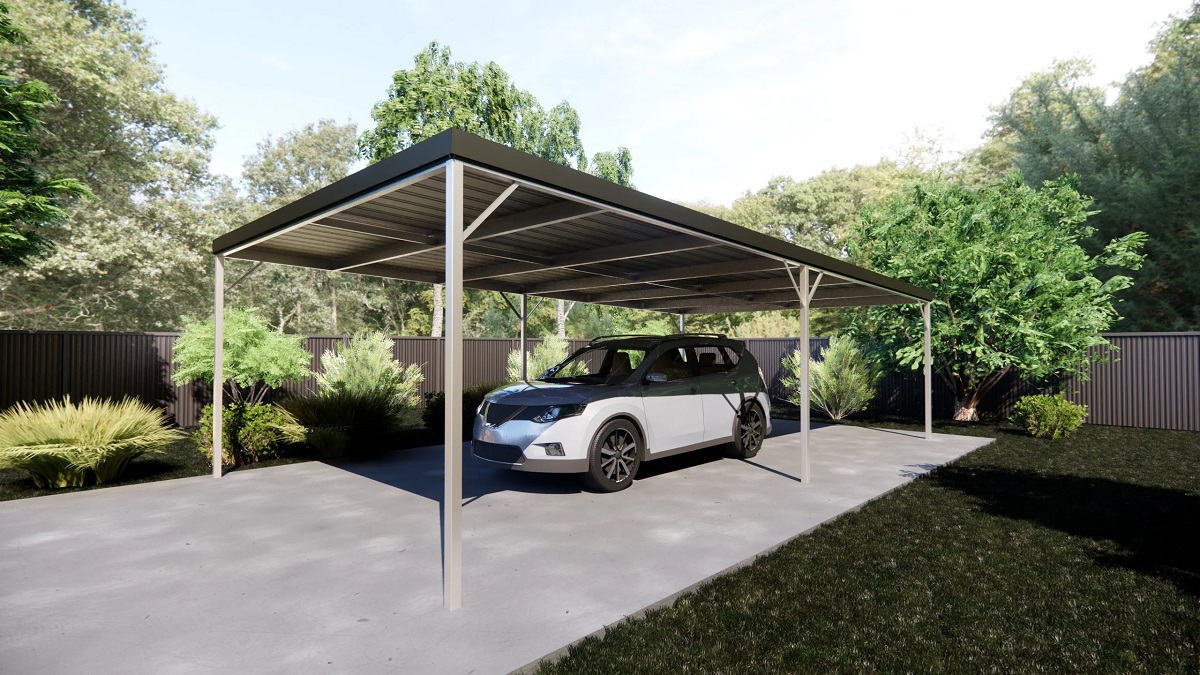
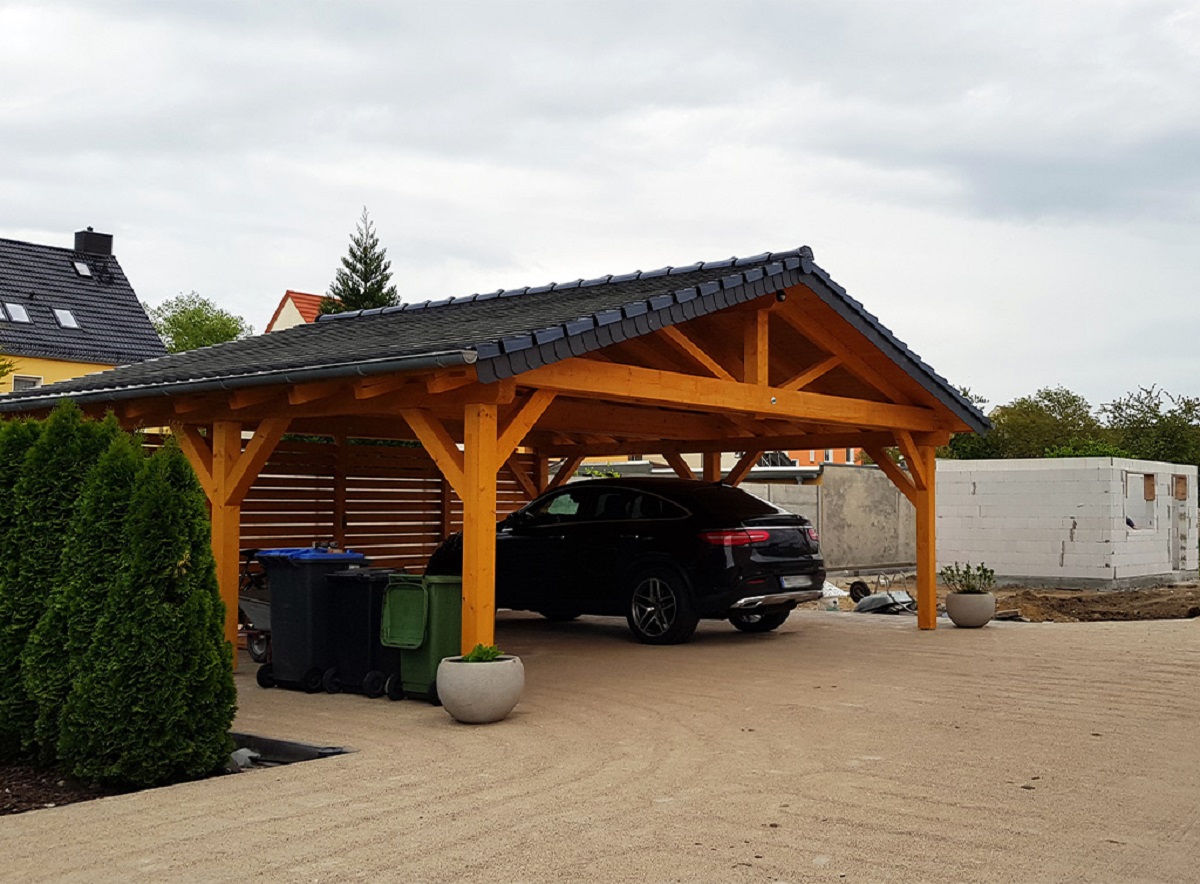
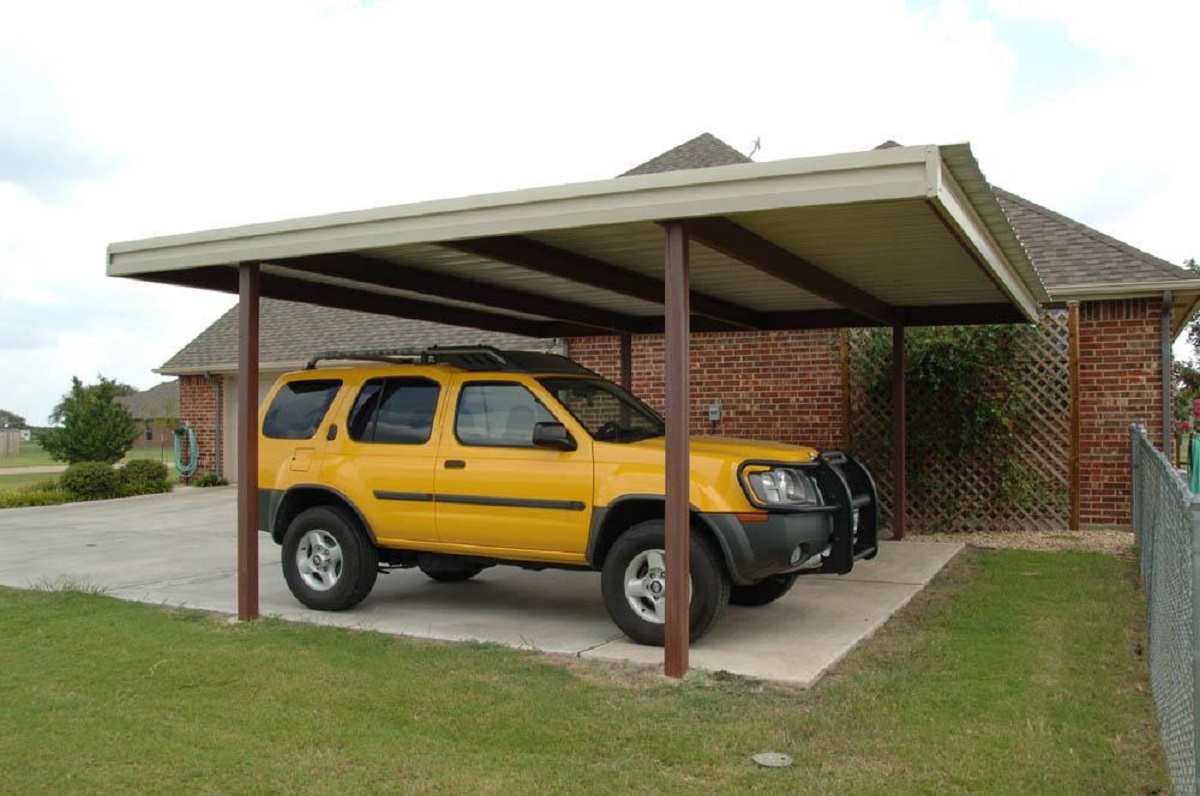
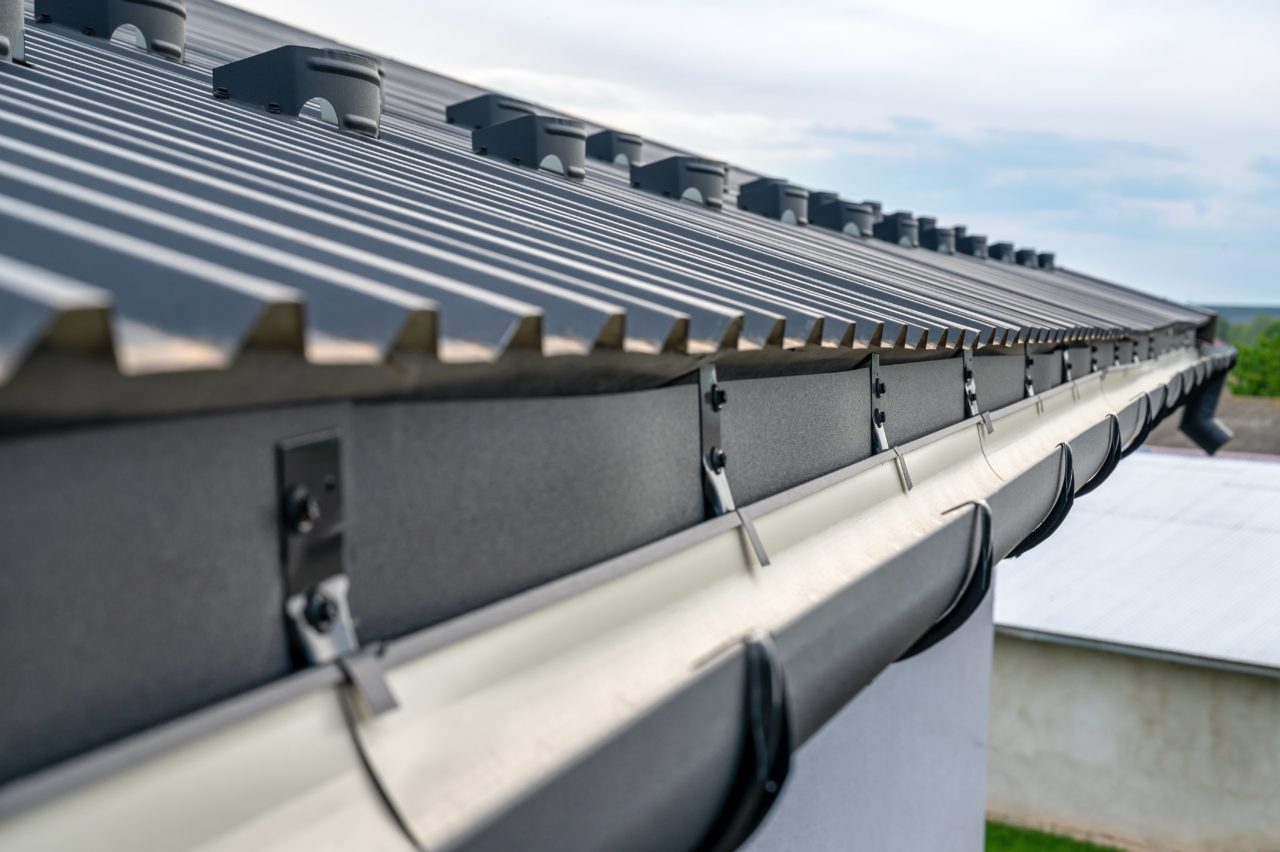
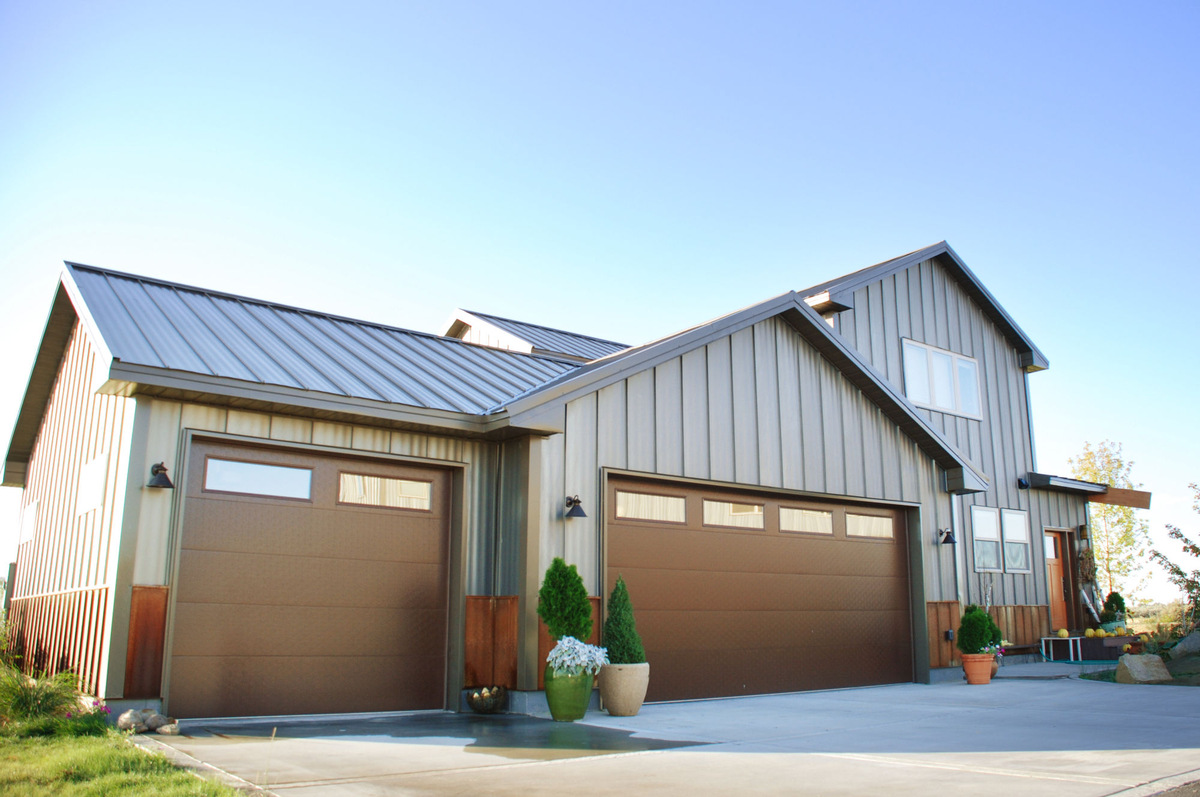
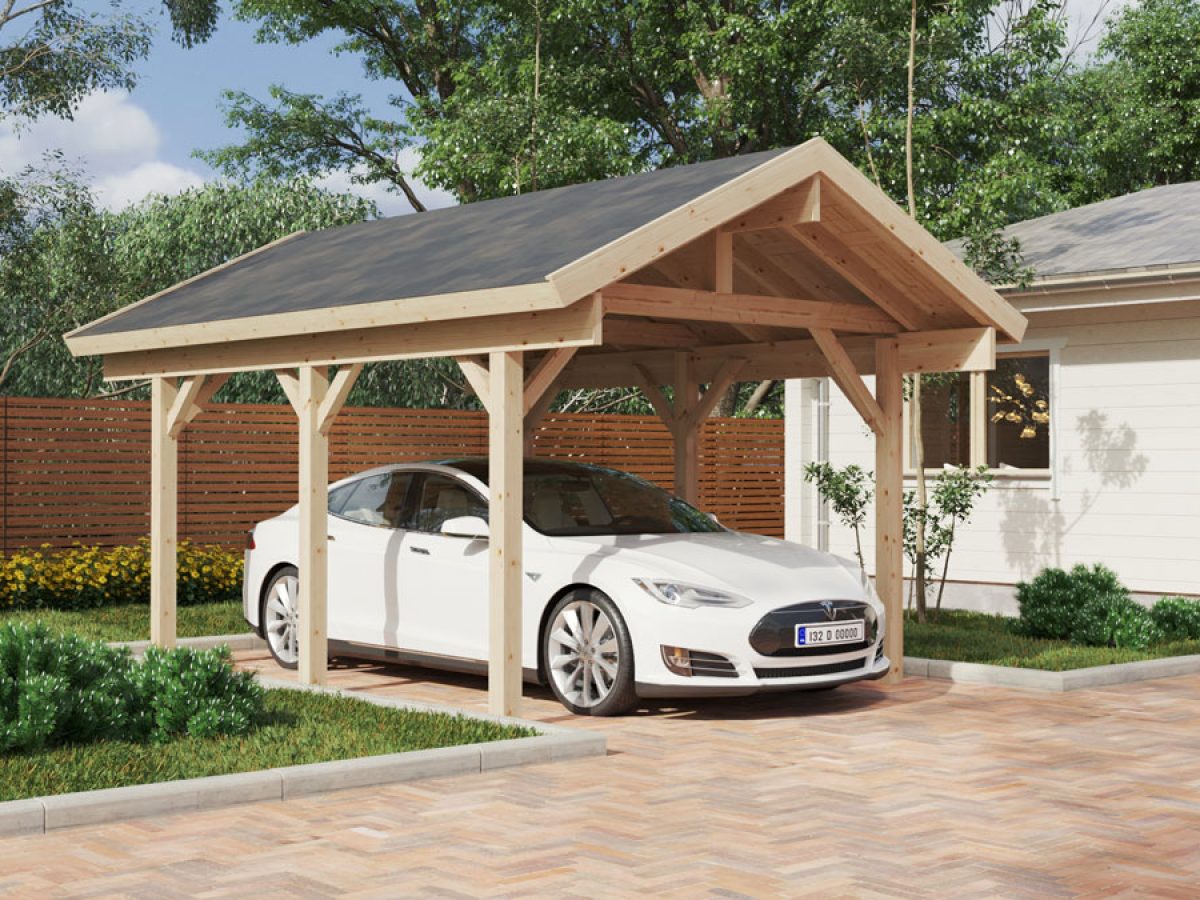
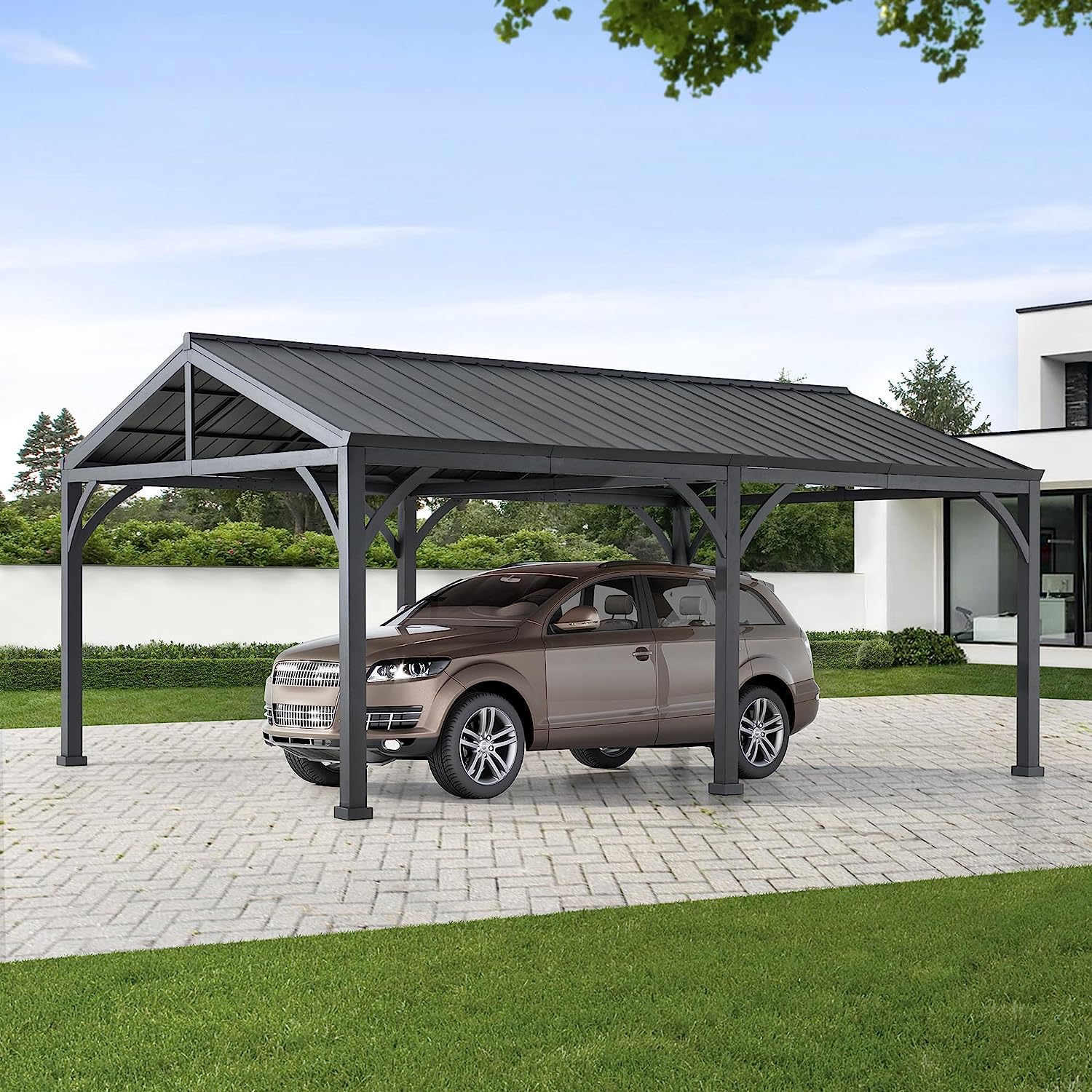
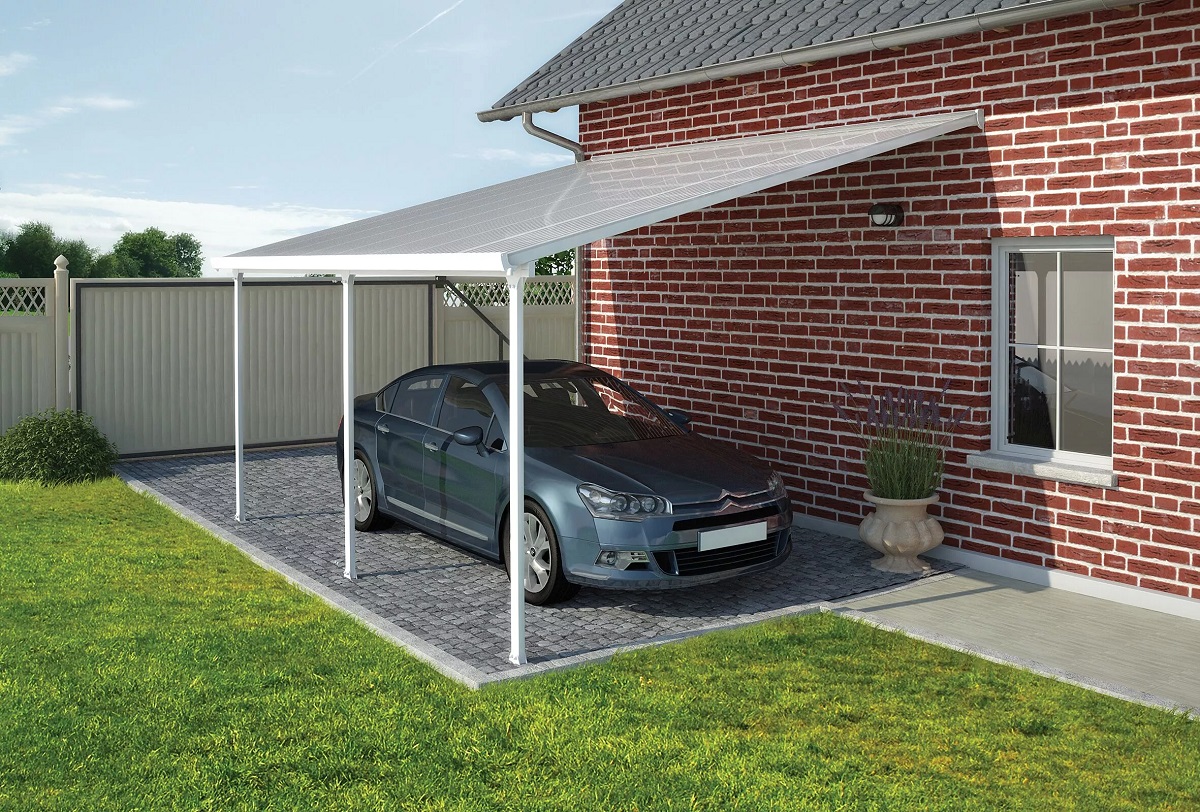
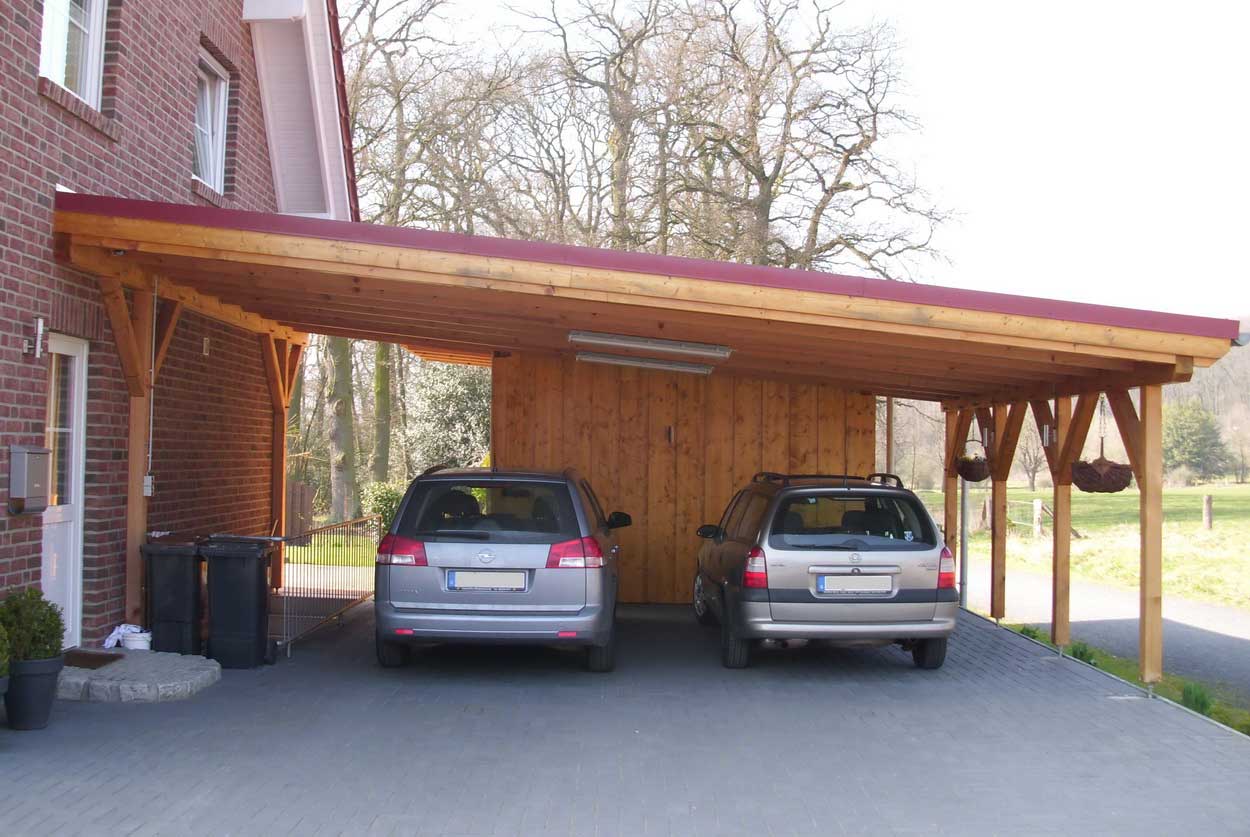
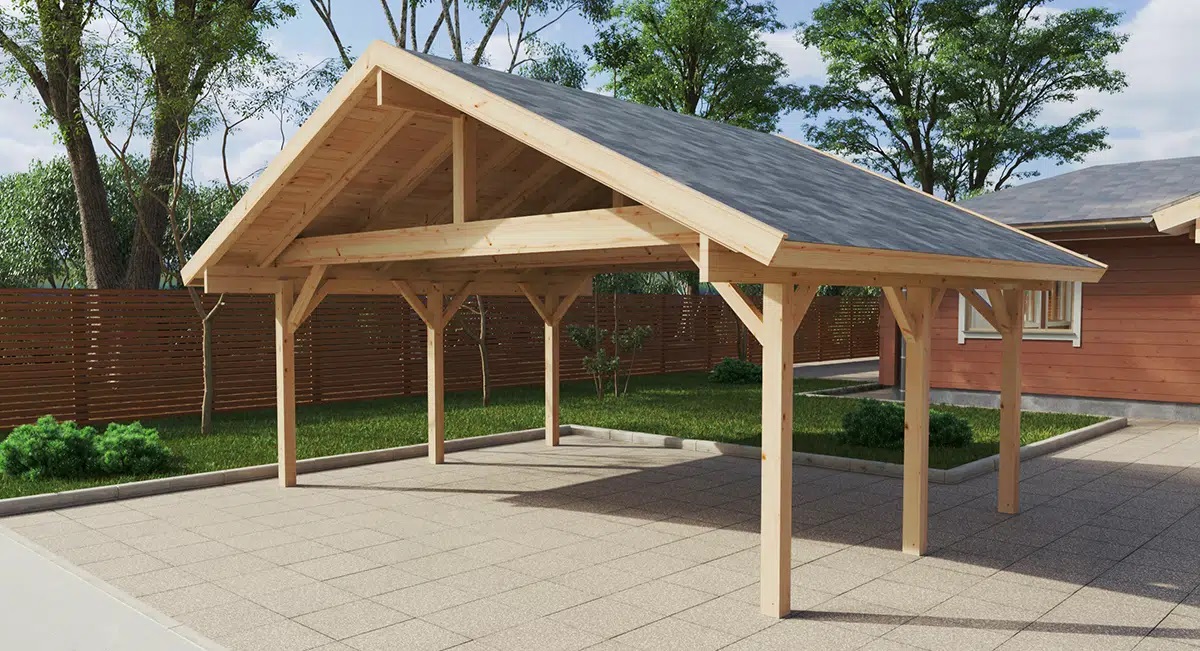
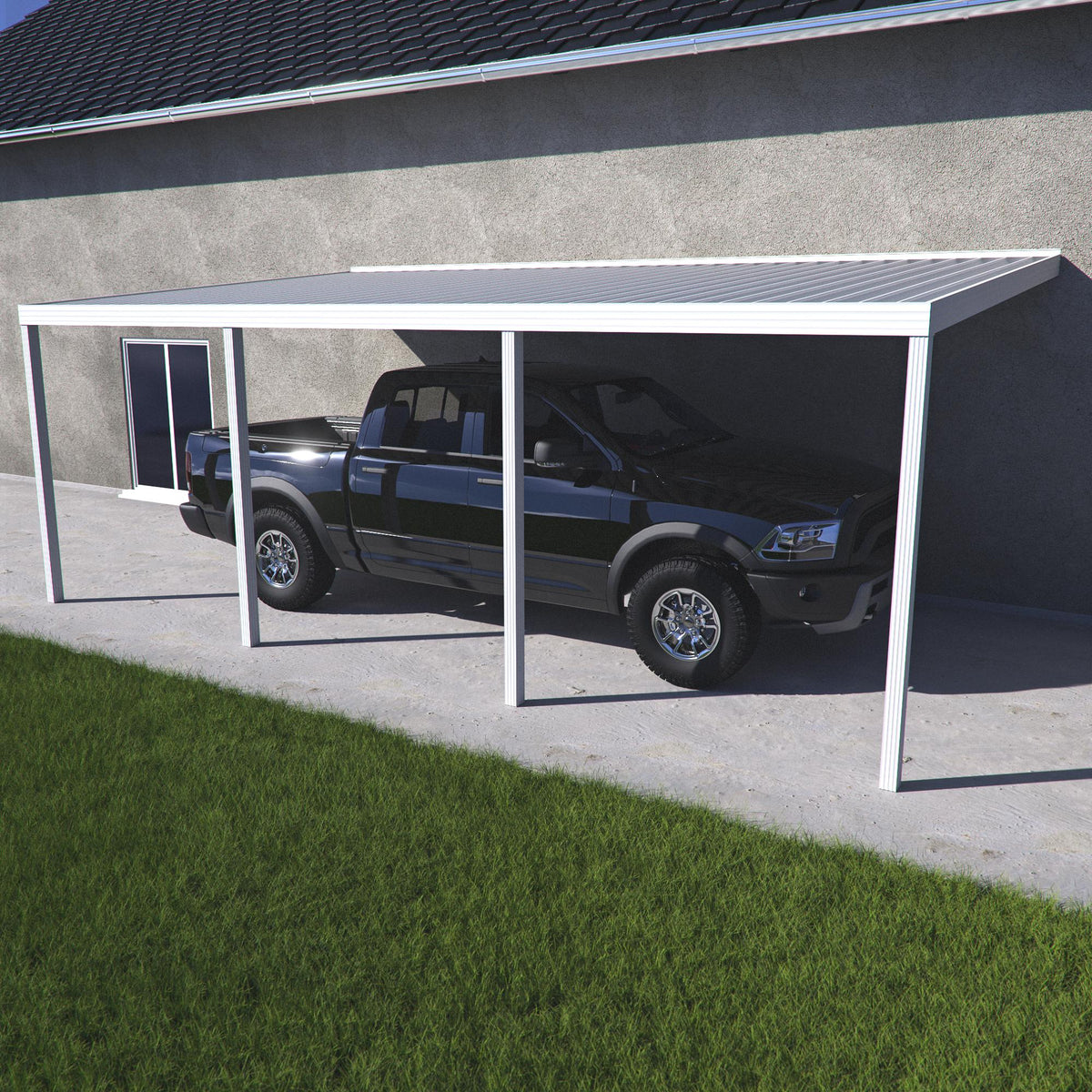
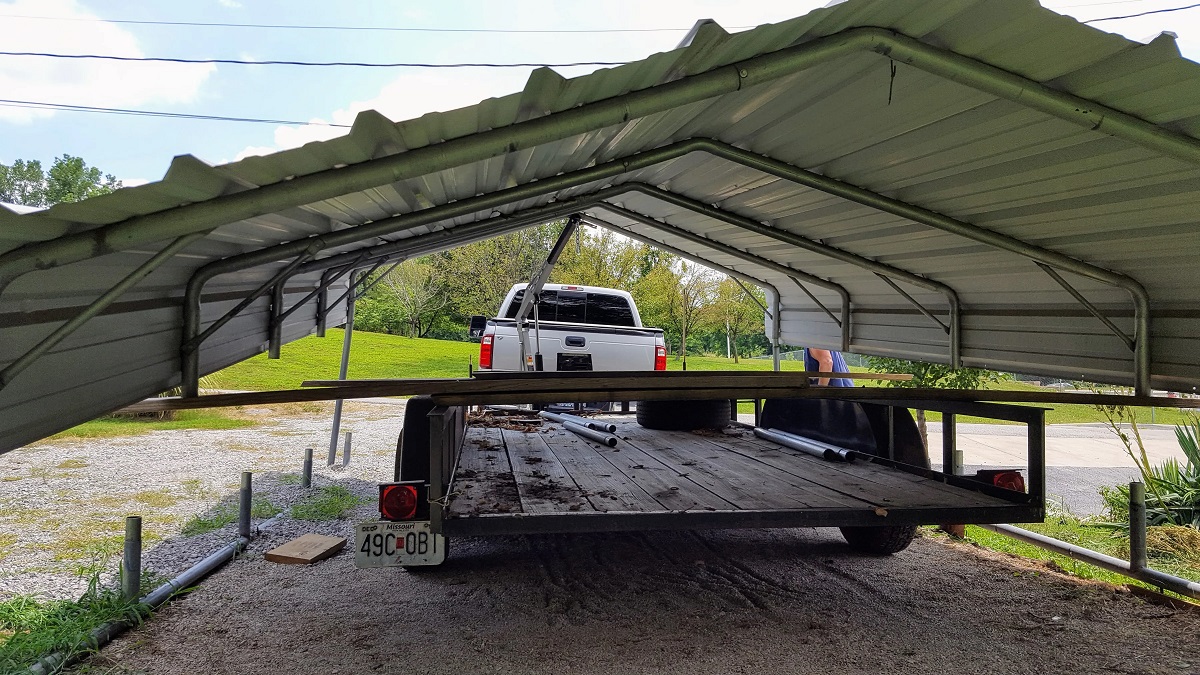
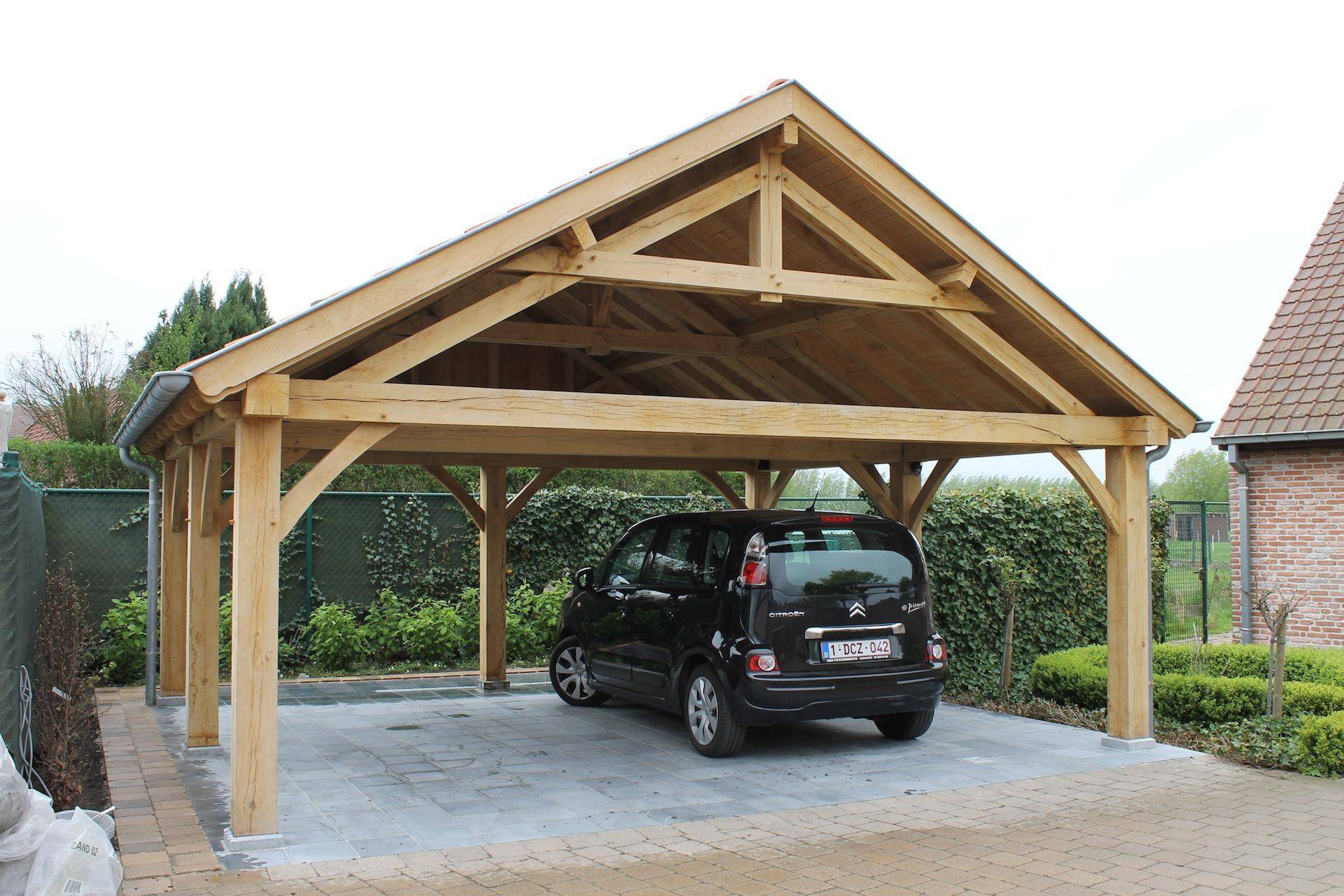

0 thoughts on “How Much Is A Metal Carport”